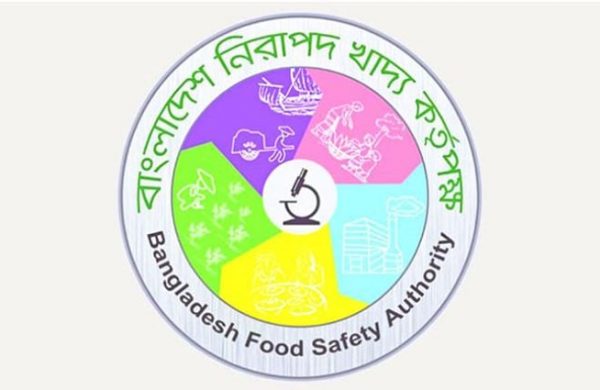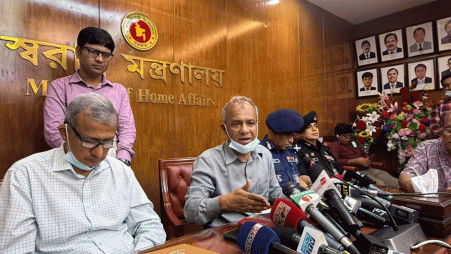Tk2,409.70cr project undertaken to set up reference, food testing labs in 3 divs
- Update Time : Saturday, February 8, 2025

TDS Desk:
The government has initiated a big move to implement a Tk2,409.70 crore project to set up one reference laboratory in Dhaka and two divisional laboratories in Chattogram and Khulna along with construction of buildings, other infrastructures to bolster the food safety efforts.
Bangladesh Food Safety Authority under the Ministry of Food will implement the project in this regard titled “Food Safety Testing Capacity Development Project” with an estimated cost of Tk2,409.70 crore to be completed by December 2034.
Of the total project cost, Tk390.78 crore will come from the government of Bangladesh portion while the rest of Tk2,018.92 crore as loan from the Japan Debt Cancellation Fund (JDCF).
The project was approved by the Executive Committee of the National Economic Council (ECNEC) recently held at the NEC Conference Room in the city’s Sher-e-Bangla Nagar area.
A Planning Commission official said that the main objective of the project is to set up one reference laboratory, office and training building in Dhaka and two divisional testing labs and office buildings in Chattogram and Khulna to enhance the concerned authority’s safe food testing capacity.
Since Bangladesh is the most densely populated country in the world while 60% of its population lives in rural areas, they are susceptible to various food-borne diseases and fall at risk of food safety due to high population density, lack of awareness of science-based food production and supply system, food supply chain infrastructures, the official said.
Diarrhea, typhoid and hepatitis are some of the food-borne diseases while perceiving this the interim government has taken initiative to establish international standard public reference food testing laboratory in order to test the standard of quality of foods through scientific method.
The official said this would be an integral part of the food safety authority while there is an urgent need to frame a disciplined system in the future to introduce licensing system in food business, framing food testing and directives across the country, enforcing strict vigilance, enhancing awareness among food business operators and imparting them proper training, providing ‘health certificate’ for import and export of foods.
The project has been undertaken considering all the important aspects of health and food safety, the official added.
Commenting on the project, Planning Adviser Wahiduddin Mahmud in the last Ecnec meeting said that food safety is a very important aspect for any country of the world.
“We’ve initiated this big project where there would be international standards testing labs for ensuring food safety. International standard technology will be used in these labs,” he added.
The planning adviser noted that earlier in the past there were problems with the safety standards of Bangladeshi exportable items like agro products and shrimp towards expanding the export market.
Besides, he said there were no such international standard food safety measures in the country except BSTI which deals with some items.
Wahiduddin also said that the development partner of the project JICA has assured that international standard technologies and methods would be used in these foods testing labs once the project is completed.
The main project operations include construction of one seven-storey building complex (25,550 square meters) in Dhaka with reference laboratory, training centre and office complex, construction of two separate four-storey food testing labs and offices (4,100 square meters each), and ensuring necessary technological support to boost the capacity of the officials and employees of Bangladesh Food Safety Authority and laboratory staff.
Through implementation of this project, an international standard full-fledged and effective training centre would be set up through which skilled manpower would be groomed by providing training on food safety management, Hazard Analysis and Critical Control Point (HACCP).
Besides, food safety basic course would be offered to the food business operators, Training of Trainers (TOT) will be imparted to the food safety officers, inspectors, regulatory officials, food experts, management officers and stakeholders.

















